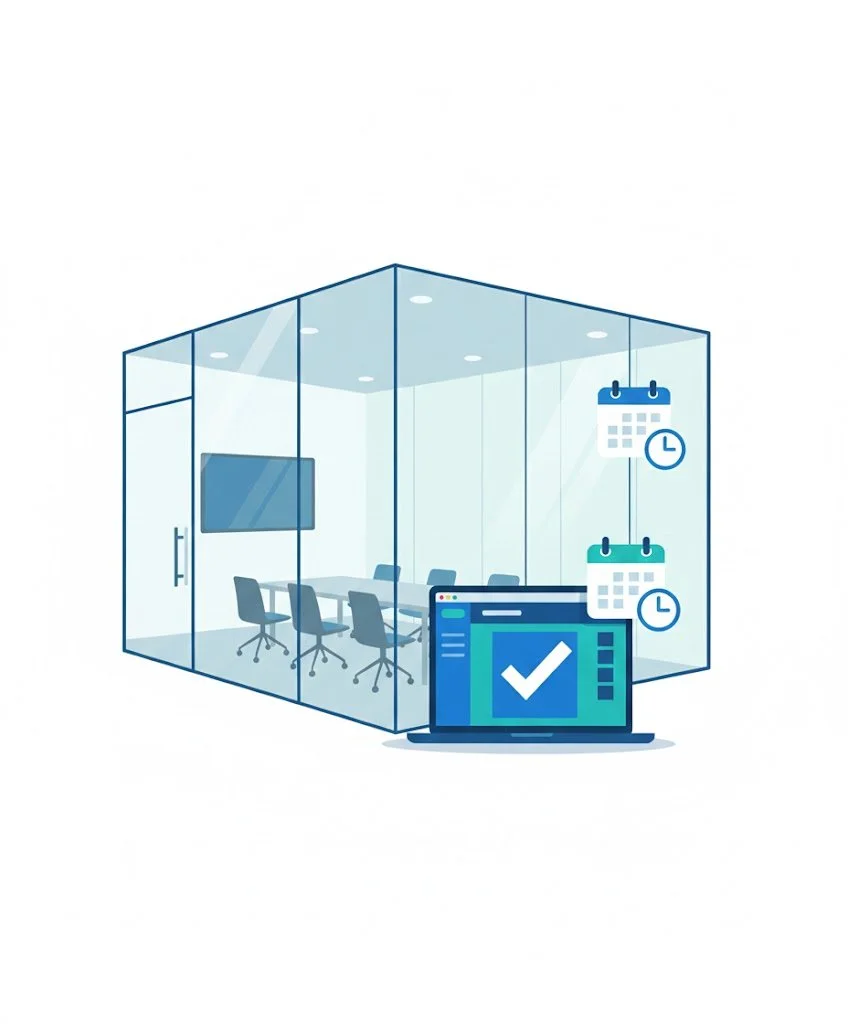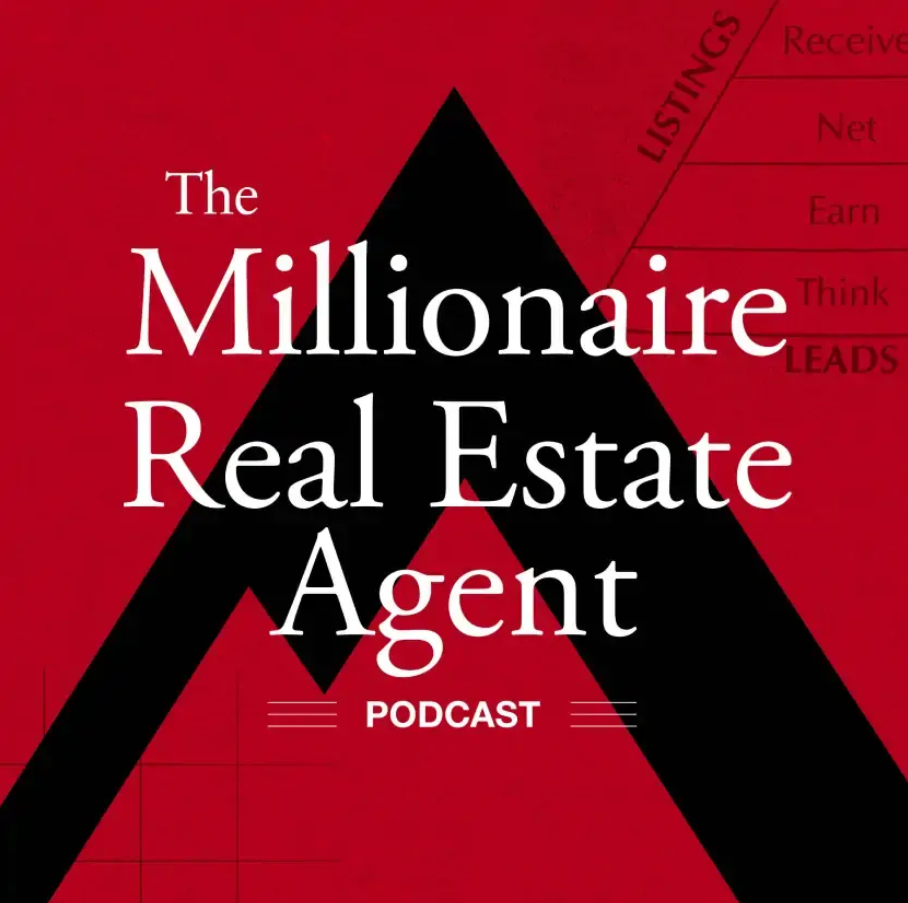2026 KW PASADNEA BUSINESS PLANNING CLINIC
with HEATH HILGENBERG
for internal use only
“Your business plan is not a spreadsheet.
It’s a mirror. It shows who you are becoming.”
- Heath Hilgenberg
Why plan for 2026?
By the time everyone else realizes the market’s turning, you’ll already be running it.
Led by a KW regional leader Heath Hilgenberg, walks agents through the Millionaire Real Estate Agent (MREA) models and how to turn them into a personalized business plan.
It focuses on tracking key metrics, mastering accountability, and creating predictable income by following KW’s foundational models: economic, lead generation, budget, and organizational.
The instructor emphasizes shifting from entrepreneurial to purposeful behavior — running your business like a business, not a hobby — by using written goals, accountability partners, and the 411 system (4 weeks, 1 month, 1 year).
Participants learn to calculate how many appointments and contacts they need to meet their income goals and how to build a healthy, high-value database that consistently generates leads.
Key Points of Interest
Track Your Metrics
Appointments (listing & buyer), listings taken/sold, buyers sold, database size, and expenses.
“You can’t improve what you don’t measure.”
Three Levels of Commitment
Level 1: Write a business plan.
Level 2: Write + commit to it.
Level 3: Write + commit + share + review weekly. (Aim for Level 3.)
E → P Mindset (Entrepreneurial → Purposeful)
Freedom comes from systems, not spontaneity.
Master the models before adding creativity.
Big Why
The emotional reason that fuels discipline (family, travel, debt-free life, etc.).
Keep a visual reminder of your “why.”
Written Goals + Accountability
Written goals = 42% more likely to succeed.
Accountability = 78% more likely.
Use the 411 and check progress weekly.
30-30-40 Model
30% cost of sale + 30% operating expenses = 40% net income.
Run your business by this model for predictability.
Skill-Based Market
Post-2020 market requires education, training, and consistency.
Those who treat real estate as a “real job” will win market share.
Lead Generation Model
Balance marketing (money-based, passive) with prospecting (time-based, proactive).
Connect daily; don’t be the “secret agent.”
Database Is Your Asset
6% of your database will buy/sell yearly; 4% will refer.
Touch them 36+ times/year.
A complete, active database has real monetary value.
Tools Mentioned
411, GPS/1-3-5, MREA Economic Model, Command, Connect, Career Visioning, Golden Handoff, 36 Touch Plan, KW App.
FAQ
Q1: What is the 411?
A: A simple goal-tracking tool (4 weeks, 1 month, 1 year) to monitor weekly actions and monthly results toward annual goals.
Q2: How many people do I need in my database to hit my goal?
A: Divide your annual appointment goal by 0.06 (6%) and then by 0.5 (assuming you capture 50% of opportunities).
Example: 18 appointments ÷ 0.06 ÷ 0.5 = 600 contacts needed.
Q3: How often should I review my business plan?
A: Weekly — adjust as needed; don’t wait until year-end.
Q4: What’s the difference between marketing and prospecting?
A: Marketing = passive attraction (ads, mailers).
Prospecting = active outreach (calls, DMs, open houses).
Q5: How do I use my “Big Why”?
A: Keep a visual cue (photo, quote, vision board) in multiple places to remind you why you work hard — especially on tough days.
Q6: How much should I expect to net?
A: Follow the 30/30/40 rule: keep about 40% of your GCI after cost of sale and expenses.
Q7: What’s the biggest mistake agents make?
A: Not treating real estate like a real business — failing to track, time block, or follow models.
Action Steps To Do Today
Write or update your 411.
Set one-year, monthly, and weekly goals for listings, buyers, and income.
Define your “Big Why.”
Write it down, make it visual, and post it where you see it daily.
Audit your database.
Find out how many contacts you have in Command or your phone.
Import missing contacts and clean up duplicates.
Calculate your contact goal.
Use the 0.06 ÷ 0.5 formula to see how many people you need in your database.
Commit to daily lead generation.
Connect with at least 10 people today (call, text, DM, or in person).
Ask: “Who do you know that I can help?”
Choose an accountability partner.
Schedule a weekly 10-minute check-in: What did you plan? What did you do? What’s next?
Revisit your numbers.
Determine your cost of sale, operating expenses, and net goal.
Start a simple tracker for appointments, listings, and contracts.
Follow KW Connect & Command tools.
Download or open: MREA Business Planning Clinic workbook, 411 template, 1-3-5 GPS, and the 36 Touch Playbook.
What makes this particular session stand out is how it reframed business planning from being a “paper exercise” into being a performance habit.
Instead of just filling out numbers, the speaker tied every goal to behavioral psychology — how your brain actually builds consistency.
Some unusual or surprising points from the talk:
They talked more about emotion than math.
The instructor focused on the Big Why — your emotional driver — before touching numbers.
That’s uncommon for business planning sessions, which are usually spreadsheet-heavy.
The idea: “Discipline doesn’t come from willpower; it comes from connection to purpose.”They emphasized running your real estate business like a franchise—even if you’re a team of one.
They suggested every agent should imagine themselves as the CEO of “You, Inc.”
You should have a profit and loss statement, a marketing plan, and a customer experience model just like KWRI does.
That’s a mindset shift — most agents see themselves as freelancers, not as brands or enterprises.They used neuroscience to explain time-blocking.
Instead of saying “just time block,” the speaker explained how habits form in 66 days and how dopamine cycles reinforce progress.
It’s rare to hear a real estate planning lecture talk about brain chemistry.They reframed ‘lead generation’ as a form of personal fitness.
“You don’t brush your teeth once a week — you do it daily.
Lead generation is the same. You can’t binge it on Fridays.”
This simple metaphor hit hard with attendees.They tied financial freedom to leverage, not income.
The instructor asked, “Would you rather earn $500,000 alone, or $250,000 with your time back?”
The unusual point: KW’s model treats leverage as wealth, not laziness.
🎯 Why You Should Business Plan for 2026 — Now
Here’s why this is crucial, especially after 2024–2025’s market shifts:
2026 will reward the prepared, not the reactive.
Markets move in cycles. 2025 is transitional — lower inventory, higher rates, fewer casual agents.
The ones who plan in 2025 are the ones who profit in 2026, when the next upswing begins.You’re building the foundation for a market share grab.
Every shift transfers wealth — from the unprepared to the purposeful.
By 2026, many agents will have dropped out.
The people who start planning now will own the relationships, systems, and brand trust those agents left behind.Business planning is not about prediction; it’s about precision.
You can’t control rates or inventory, but you can control activities.
A 2026 plan turns vague goals (“I want to make more money”) into measurable action (“I need 40 appointments to close 20 deals”).Compounding consistency takes time.
If you start refining your 36-Touch Plan, Command tags, and lead levers now, by early 2026 you’ll have 12 months of momentum baked in — not 12 months of excuses.Because your future self deserves clarity.
The question isn’t “Can I hit my 2026 goals?”
It’s “What systems can I build now so 2026 success feels inevitable?”
More Resources












